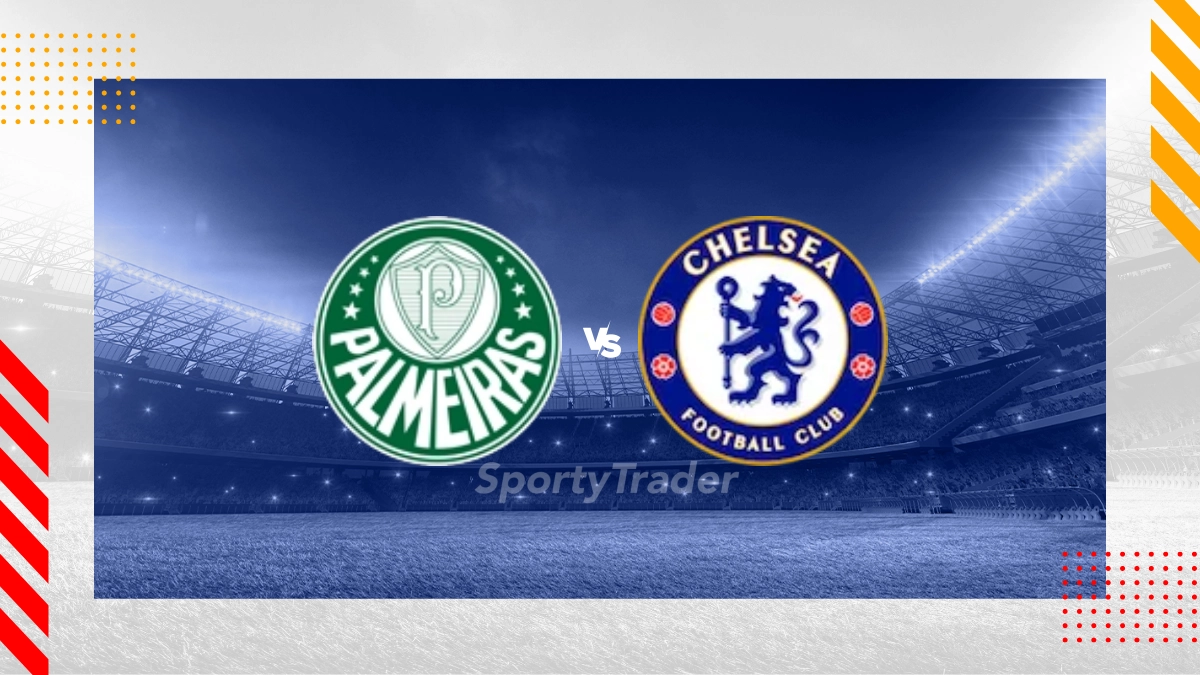
Brazil's Tactical Resurgence in the FIFA Club World Cup: A Deep Dive
As the 2025 FIFA Club World Cup unfolds, Brazilian clubs are once again proving their mettle on the international stage. With four teams competing, the tournament has become a showcase for the tactical innovations that Brazilian football is renowned for. Notably, Flamengo and Palmeiras have adopted flexible formations that blend their traditional attacking flair with modern strategic approaches, setting themselves apart from their European rivals.

Tactical Innovations
Flamengo, often characterized by their aggressive pressing and swift counter-attacks, has implemented a 4-2-3-1 formation that allows for fluid movement between the lines. This tactical setup not only maximizes their attacking potential but also provides a solid defensive structure. In their recent matches, Flamengo averaged 60% possession, creating numerous goal-scoring opportunities, and it is clear that their tactical discipline and creativity are paying dividends.
The team's ability to rotate among forwards like Gabriel Barbosa and Bruno Henrique has made them a constant threat. Their style, marked by quick transitions and rapid interchanges in attack, reflects the very essence of Brazilian football, while also adapting to the rigors of international competition.
In stark contrast, Palmeiras has opted for a more conservative 4-3-3 formation, focusing on maintaining a strong midfield presence to control the pace of the game. This approach has allowed them to dictate play, particularly in high-stakes matches against European opponents. In a notable victory over Manchester City, Palmeiras executed a perfect counter-attacking strategy, showcasing their ability to adapt tactics based on the opponent.
Key Players and Their Impact
The resurgence of Brazilian clubs in the FIFA Club World Cup can be attributed not only to tactical innovations but also to the exceptional talent on display. Players like Dudu and Gabriel Menino have emerged as pivotal figures for Palmeiras, consistently delivering performances that combine technical skill with tactical awareness. Dudu, with his shifty dribbling and ability to find pockets of space, has been instrumental in creating goal-scoring opportunities.
Flamengo’s Gabriel Barbosa, also known as Gabigol, has continued his remarkable goal-scoring form, providing the team with a reliable source of firepower. His ability to find the back of the net, coupled with his pressing from the front, exemplifies the dual threat that both clubs possess.

The Role of Foreign Investment
Beyond the tactical evolutions, the resurgence of Brazilian clubs can also be traced back to the recent influx of foreign investment. This financial backing has enabled clubs to attract top talent and bolster their training facilities, leading to improved performance on the pitch. The investments have not only brought in experienced players from European leagues but have also fostered the development of homegrown talent.
Historically, Brazilian clubs faced challenges in competing with European teams due to differences in financial power. However, recent investments have leveled the playing field. For instance, Flamengo’s signing of key players such as Everton Ribeiro and David Luiz has fortified their squad, allowing them to blend youth and experience effectively.
The impact of these investments is evident in the overall quality of play. Brazilian teams can now afford to implement advanced training methodologies, which enhances their tactical knowledge and adaptability during international competitions.
Conclusion
As the tournament progresses, the tactical evolution of Brazilian clubs will be closely watched. Flamengo and Palmeiras, with their distinct yet effective approaches to gameplay, are not just contenders but also ambassadors of Brazilian footballing philosophy. Their ability to blend traditional Brazilian flair with modern football strategies could very well determine their success in the FIFA Club World Cup.
With a rich history of footballing excellence, Brazil is poised to reclaim its status as a powerhouse in international football. Fans and analysts alike will be eager to see if these tactical innovations and investments can translate into glory on the world stage.

For more information on the tournament, visit the official FIFA website and follow Brazilian football updates.